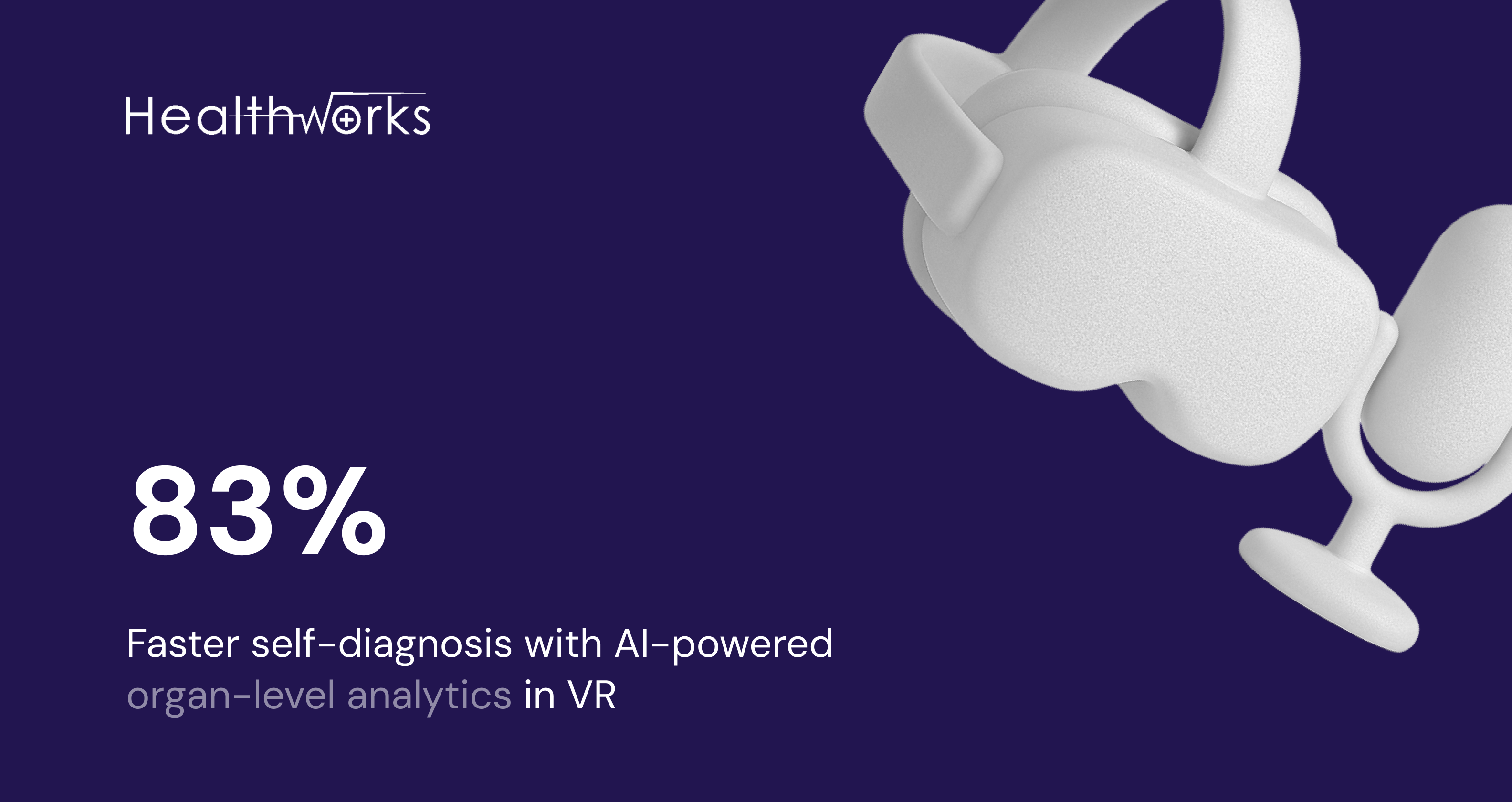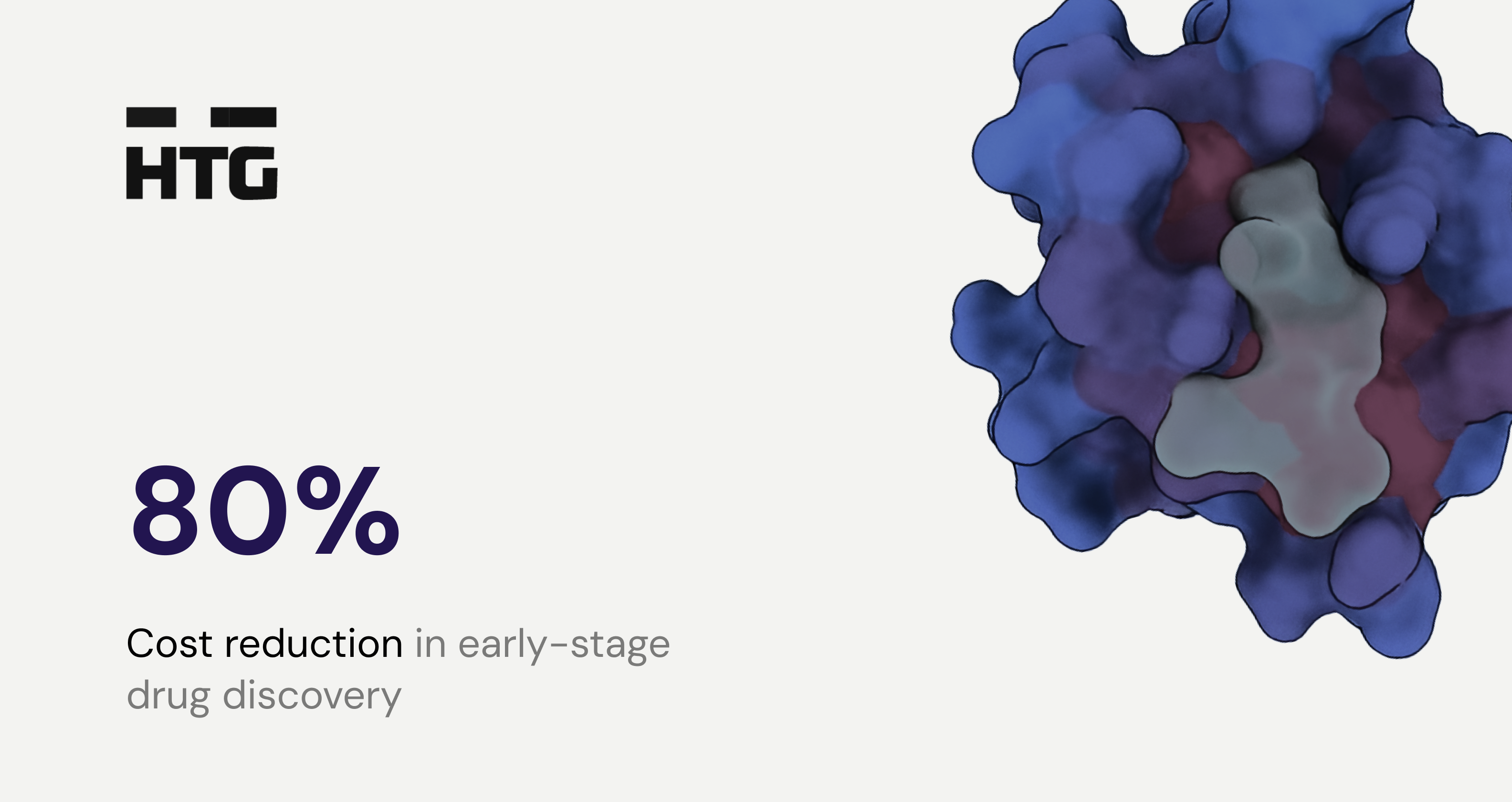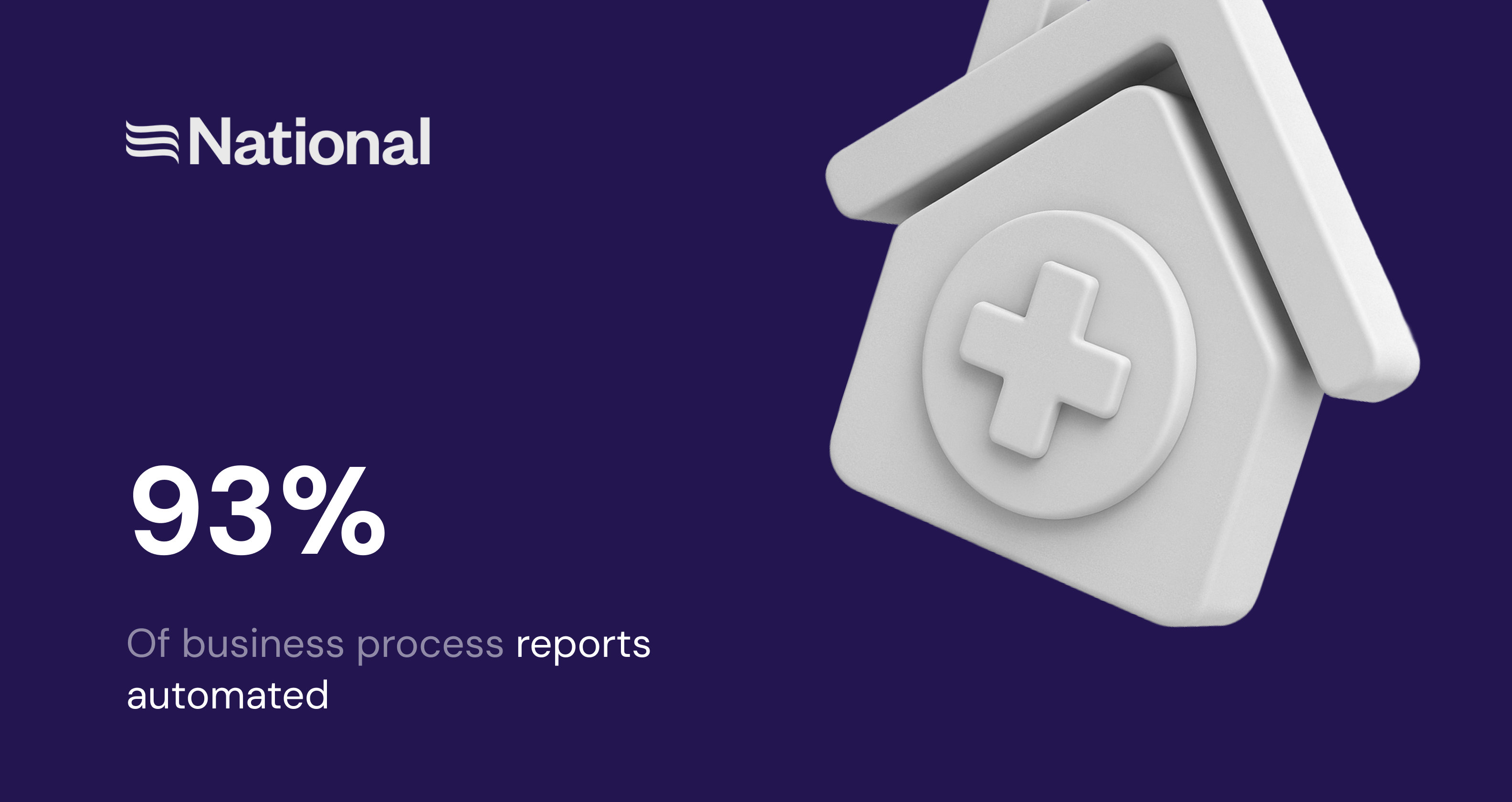AI-Powered Software Development for Healthcare
Healthcare software development services: reliable platforms for clinical data management, hospital workflow management, telemedicine solution support, patient engagement optimization, medical billing processing optimization and much more.
Book Meeting
Healthcare software development services: reliable platforms for clinical data management, hospital workflow management, telemedicine solution support, patient engagement optimization, medical billing processing optimization and much more.
Book MeetingBuilding trust through compliance and data security:
We have successfully developed healthcare projects ![]()
![]()
![]() that combine cutting-edge technology with patient-centric solutions.
that combine cutting-edge technology with patient-centric solutions. ![]() Our expertise ensures innovative, reliable, and scalable software tailored to your needs.
Our expertise ensures innovative, reliable, and scalable software tailored to your needs.
Blackthorn AI is a leading partner among healthcare software companies.
Book a Meeting100%
Regulatory Compliant (HIPAA, GxP, FDA, GDPR)Our systems are designed to meet the strictest compliance standards from day one.
30%
Faster Audit Readiness via Built-In Traceability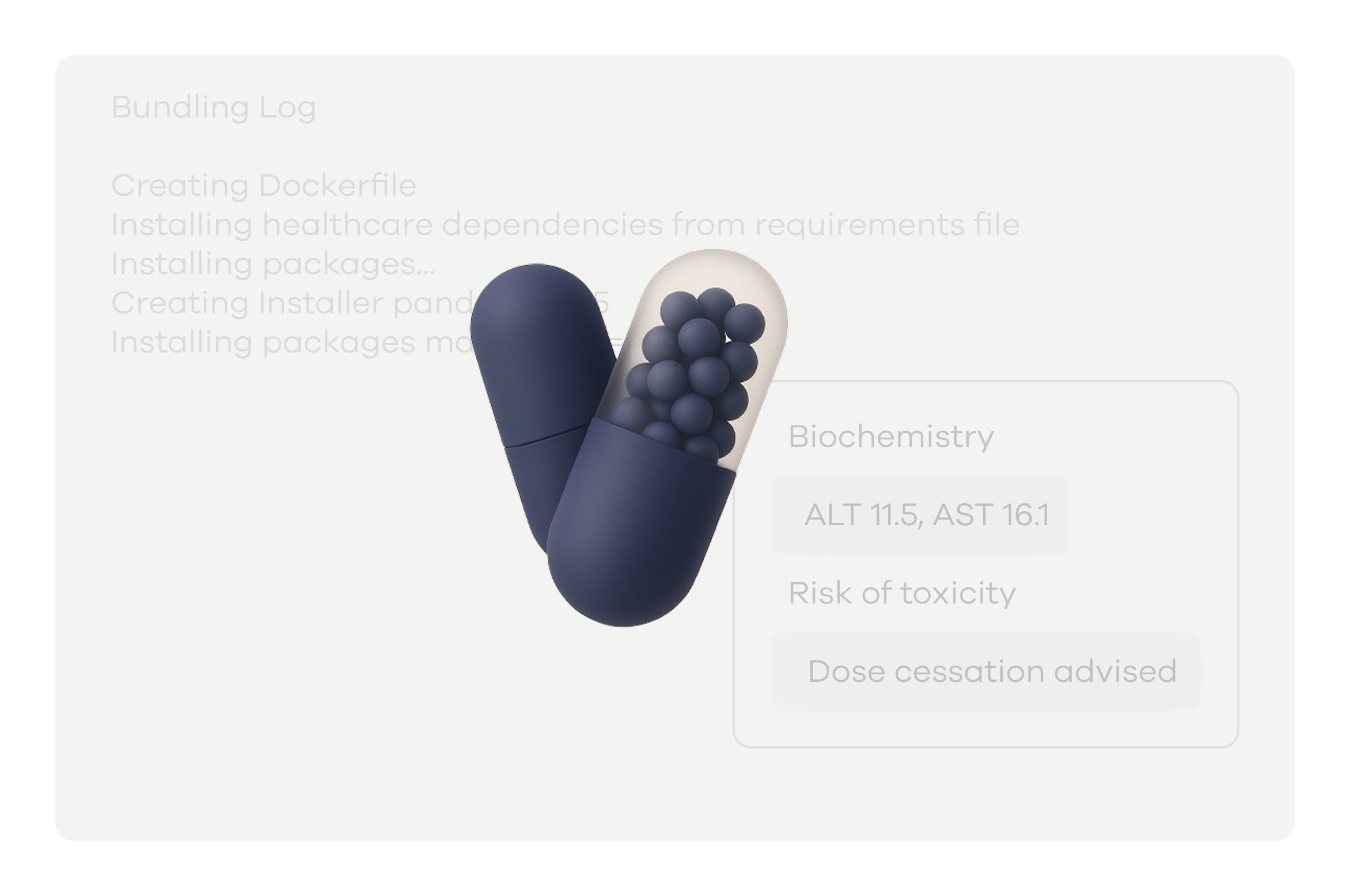
Every action, record, and version is traceable by design — simplifying audit prep and reducing risk exposure for biotech teams.
99.99%
Uptime Across Live Clinical EnvironmentsOur infrastructure supports always-on healthcare workloads — with enterprise-grade SLA, monitoring, and auto-recovery.
40+
Trusted Healthcare Partners WorldwideIncluding CROs, hospitals, digital health startups, diagnostics labs, and R&D platforms operating under real-world constraints.
Our tools support AI-driven healthcare. We deliver secure patient data management, AI-powered clinical decision support, and scalable analytics for hospitals, healthcare providers, insurers, and digital health platforms.
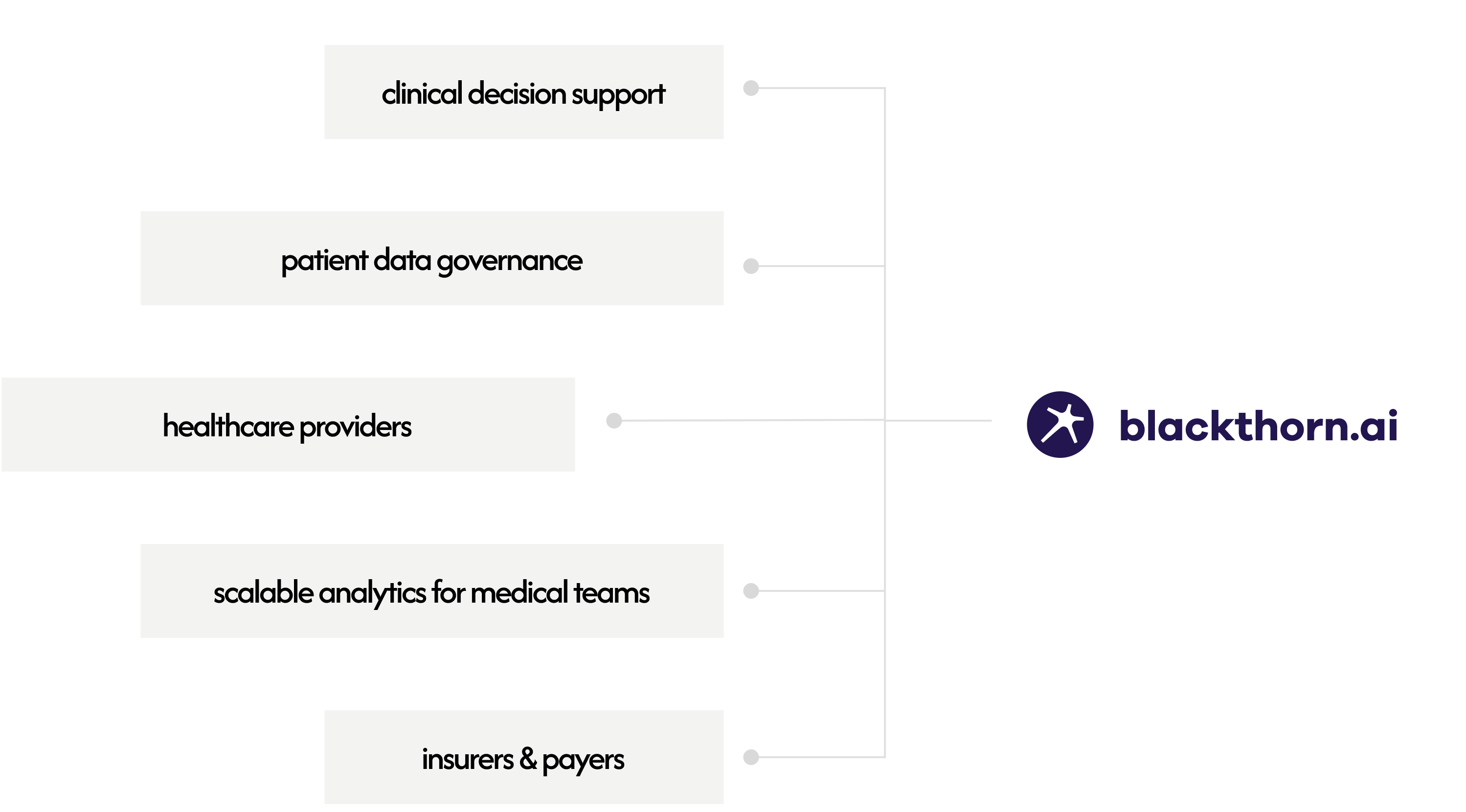
Why
Choose Blackthorn AI
Outcome-Focused Partnership
-
Improving patient outcomes, not just tech delivery
We treat every project as a mission to solve high-impact healthcare challenges — from reducing diagnostic errors to cutting administrative waste.
-
Built for long-term trust
We prioritize transparency, measurable outcomes, and compliance in every engagement with hospitals and healthcare providers.
Deep Healthcare Expertise
-
Domain knowledge that matters
Unlike generic IT vendors, we understand the realities of healthcare: EHR integration, patient data privacy, telemedicine, and clinical workflows.
-
Faster delivery, reduced burden
We design solutions aligned with clinical priorities, reducing physician burnout and operational bottlenecks while accelerating care delivery.
Certified & Compliant Engineering
-
Credentialed experts in regulated healthcare IT
Our engineers hold certifications in HIPAA, HL7/FHIR, and healthcare cloud security, ensuring trust and validation in clinical environments.
-
Privacy & compliance by design
Every system is architected with strict adherence to HIPAA, GDPR, and FDA requirements, ensuring patient data integrity from day one.
Lean & Transparent Operations
-
Agile, healthcare-ready delivery
We apply agile methodologies tuned for healthcare environments — ensuring projects move quickly without compromising compliance or safety.
-
Clear communication, zero overhead
You work directly with decision-makers and technical experts. No middle layers, no delays — only clarity, speed, and accountability.
Straight to Business?
Blackthorn AI empowers organisations to solve complex, cross-industry challenges with intelligent, scalable solutions
Book a Meeting






